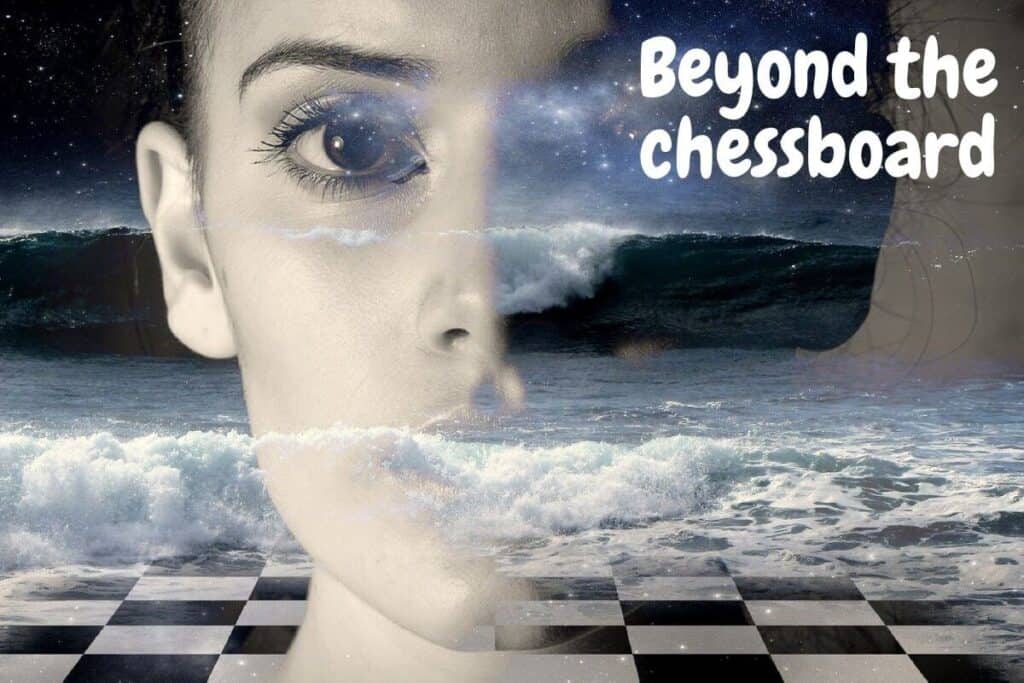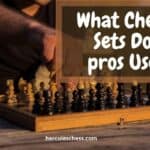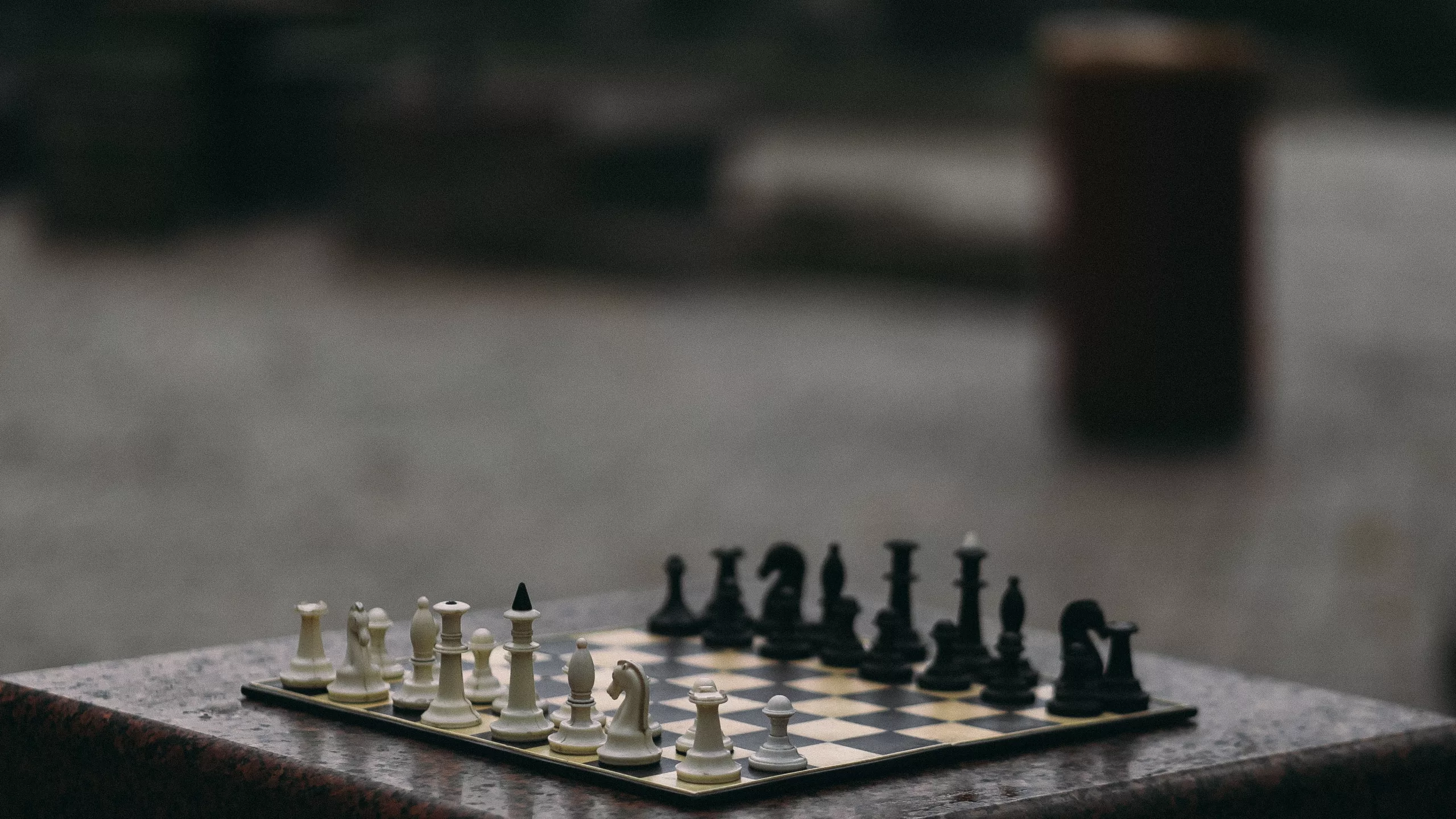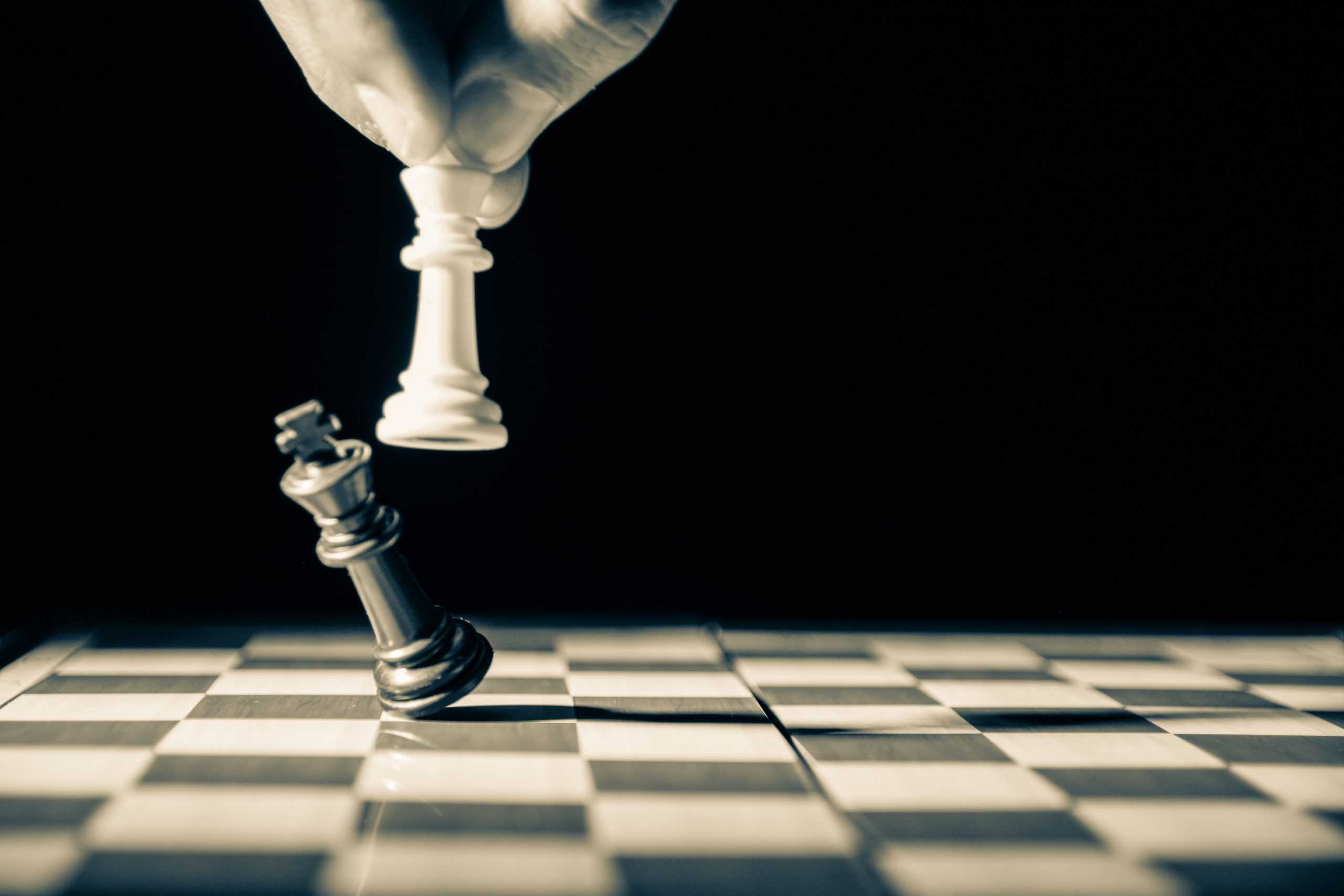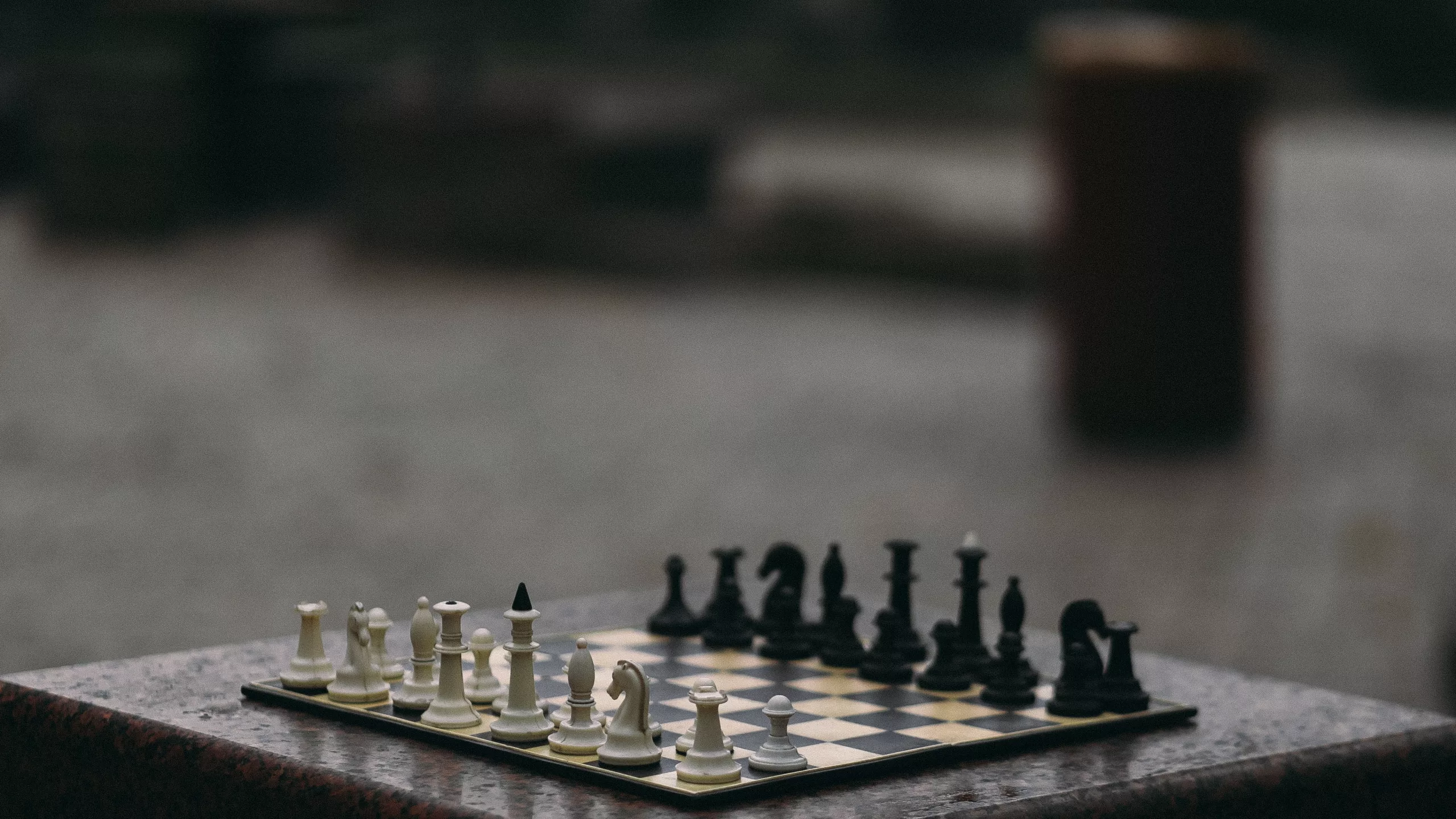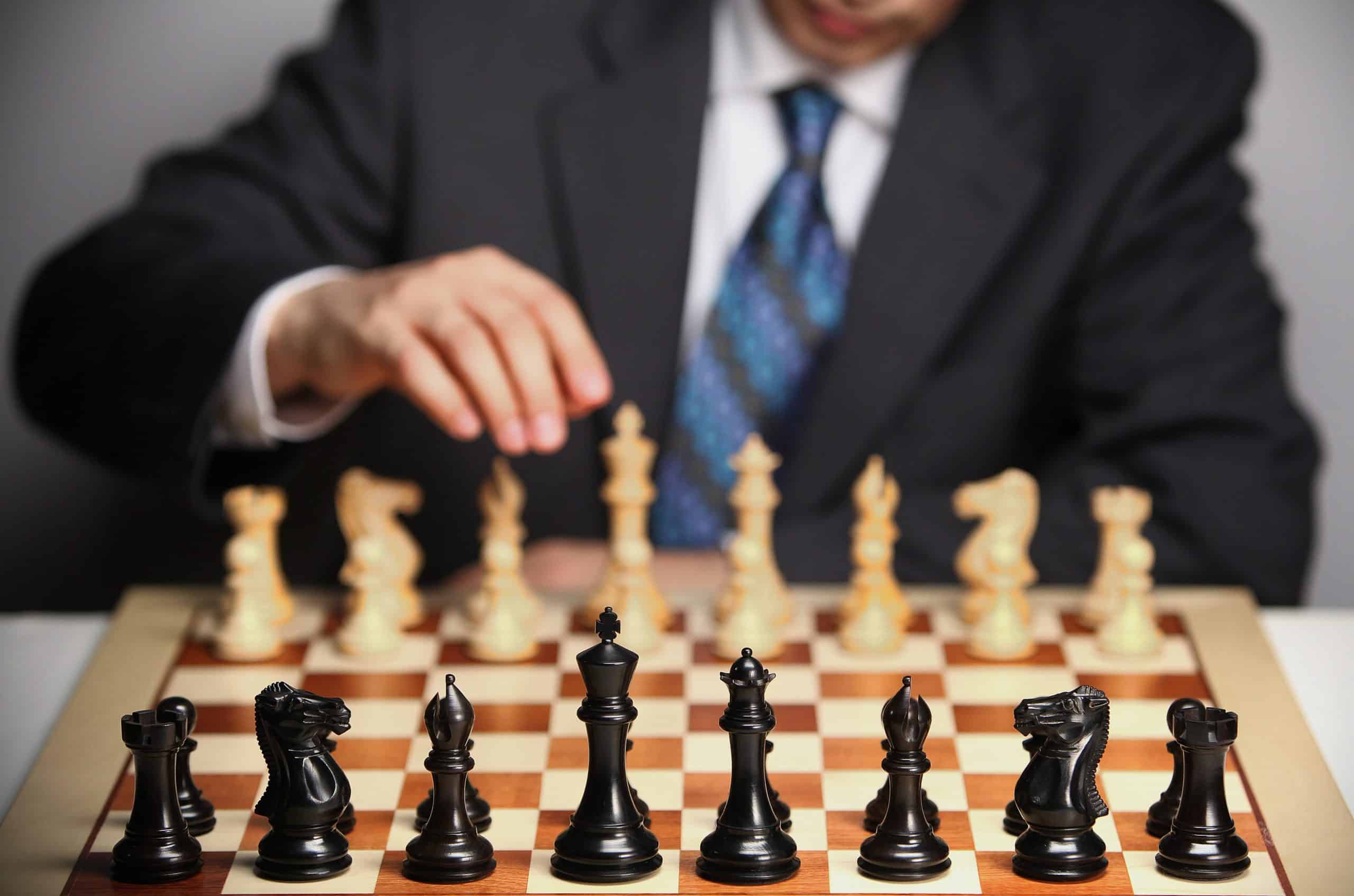Chess is a board game with a set of rules that requires concentration and good strategies to play and win. Is this the same as in life? Chess is similar to life itself. The decisions you make as you play with an opponent will either put you at an advantage or disadvantage.
The game of chess imitates life in the following ways:
1. Chess needs Strategy
In playing the game of chess, you won’t win games by just knowing the rules. You need to have a strategy or two on how to do so. The need for strategy is also important in life.
An optimal strategy to win in the game of chess depends on your strengths. You may be good with an attacking strategy or a defensive one. In life, you also maximize your strengths.
Lack of a strategy means you will just be responding to things thrown at you. This is true in both life and chess. Garry Kasparov (2007) in his book, How Life Imitates Chess, says that “A frequently changed strategy is the same as no strategy.”
2. Seeing the Big Picture
In life, we have to look at the big picture to avoid making mistakes because of our myopic view of things. This is referred to as seeing the whole board in chess.
When you are a beginner in chess you might often fixate your mind on a certain move(s) that you are used to making to win the game. A good opponent may take advantage of this and hit you hard because you are prone to making mistakes.
Sometimes you need to zoom in to see the details and sometimes we need to zoom out to see the big picture. This attribute that we apply in life is also important in playing chess.
3. Spotting of Patterns
Things in life like the stock market require one to study and understand the patterns they undergo. You need to know whether the stocks are going up or down to know when to buy and when to sell.
This is also a key element when it comes to playing chess. You need to spot the patterns your opponent is making to predict their next moves. It will also help you to know how they react to different situations.
4. Looking at things from Opponent’s Perspective
In chess, you have to watch what your opponent is doing while they play. Understanding your opponent’s strategy and goals is key. By doing so you can take advantage and exploit their weak points.
In life, this is applied in different scenarios. For example, you can develop a sense of empathy by understanding a problem someone else is going through. You do so by putting yourself in their shoes.
5. Decision-Making
No one can teach you better decision-making. It is a self-taught trait.
In the game of chess, you are faced with a wide range of options to play. You, however, need to limit the options to around two or three that you deem to be best. This process is also applied in real-life situations.
The more experience you gain in making these decisions, both in chess and life, the better you become at doing it.
6. Attacker’s Advantage
Taking an aggressive attacking position pushes your opponent into a defensive. Attack the opponent’s King by blocking his escape squares.
In life, you also need to get out of your comfort zone and aim for what you want. This go-getter mindset can land you a job or even a date. Confidence will give you an added advantage compared to counterparts who lack it.
7. Making Sacrifices
You should be willing to make a material sacrifice for a position. Good chess players won’t think twice when it comes to sacrificing material to either defend a position or win the game.
In life, looking at the bigger plan can help you understand the importance of making certain sacrifices. Some athletes sacrifice their sleep or free time to do some extra training activities which will eventually pay off.
A successful business person knows the importance of making sacrifices, big or small, to help the bigger plan succeed. Losing a battle or two to win the war is sometimes inevitable.
8. Learning from Failures
In playing chess, losses are inevitable even with good players. You can improve your game significantly by learning from the losses you’ve incurred. You may learn more from the games you lost than from those that you won.
In life, we are also bound to be faced with failures in our endeavors. You need to learn from these failures and understand the mistakes you made that led to them. This will help you make better progress by avoiding the initial mistakes.
9. Positive Mindset
As a chess player, you are bound to face opponents with higher ELO ratings than you. Having a positive mindset as you face them can help you pull off a better performance.
This type of positive thinking is important in life. It helps you get past the hurdles in your path as you grow.
10. Having a Plan B and a Plan C
In chess, you may have a well-planned strategy to win a game but the opponent might counter it with a smarter move. What if the opponent reads your play? This is when your contingency Plan B and C will come in handy.
In life, things often don’t go according to plan. What then? You need to have backup plans just in case this happens.
Success requires several plans you can count on.
Conclusion
In life, just like in chess, each decision you make may work to your advantage or disadvantage. You need to be keen while making these decisions in both scenarios.
Though life cannot be lived with as much precision as in chess, you can pick up a thing or two from the game instead of just “going with the flow”.
Principles you learn in chess are of significant importance in life.
